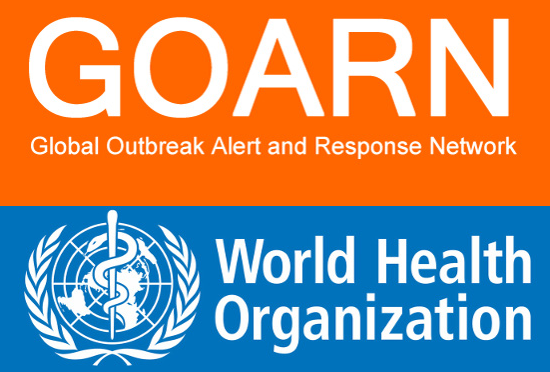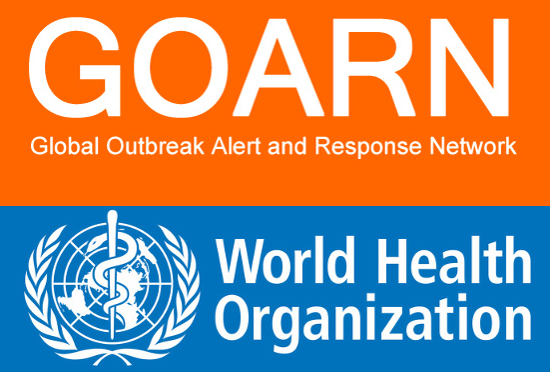The project related to humanitarian, Emergency Response, and COVID-19 addresses public health issues of people affected by disasters, both natural or conflict-related. It discusses the many changes that occur in people’s lives when they are uprooted by a disaster, including many important topics related to humanitarian crises, such as when there is an epidemic a public health emergency; what do we mean with the humanitarian-development nexus; what are the basics of disaster epidemiology and surveillance; humanitarian principles; and other very relevant topics.
Key marquee projects include:
WHO GOARN (Global Outbreak Alert and Response Network) Capacity building of Five countries across SE Asia on Forecasting and Introduction of New COVID-19 Technologies

Project Background:
- Empower is conducting capacity building in 5 countries across SEAR in partnership with WHO, GOARN (Global Outbreak Alert And Response Network) and MOH, in areas of procurement and supply chain for COVID-19.
Our Approach
- In this project, we are conducting country-specific and regional reviews of the forecasting approach applied in the overall supply chain process. The research will include comparisons between countries, identification of benchmarks adjusted for contextual factors, and will support discussions to inform ongoing decisions and also to strengthen the supply chains in order to meet future pandemics.
- A rapid assessment of the supply chain response in Nepal, Bhutan, Maldives, Myanmar, and Timor Leste.
- Compendium of challenges, innovations, and cross-learnings for the region.
- Recommendations for streamlining the supply chain part of the response for the rest of the countries.
- Roadmap for building resilient supply chains that respond dexterously to future health emergencies.
Phase-2- WHO GOARN (Global Outbreak Alert and Response Network)-Strengthening and accrediting supply chain professionals to effectively respond to outbreaks in SEARO countries funded by WHO-SEARO

Project Background:
Our Approach
- Support for Global Covid task force recommendations being embedded in local strategies, plans, and M&E mechanisms, and that they are budgeted.
- Pro-active PSM preparations for the advent of Covid-19 vaccine, and treatment with other UN/WHO mechanisms. Focus on technical assistance and building PSM capacities to manage vaccine distribution.
- Effective response and mitigation strategies to the disruption of the international supply chain for regular health commodities and especially essential medicines and vaccines are identified and implemented.
- This would be largely aided by improving skills and emphasis on supply chain risk management and commodity security planning.
- Resources and tools: Processes, guidelines, manuals, tools such as ESFT, planning templates are available, understood, and ready to apply.
- The community of practice and learners are identified and registered onto the platform including linkages to existing networks such as IAPHL, Empower Alumni, etc.
- Technical assistance and cross-learning including South-South collaboration, intra-country networks, peer to expert contact are initiated.
- HR capacity is strengthened
- Certifications for staff on key topics/courses.
- Certification on use of ESFT, other key tools.
- Some of the KPIs that will be used to measure the success of the project include: improved competency of staff, improved access to and better application of WHO and global tools, better readiness to respond to crisis (assessed through a simulation); knowledge and learning systems are institutionalized and available to all staff (on demand).


 Click here to see the sample
Click here to see the sample